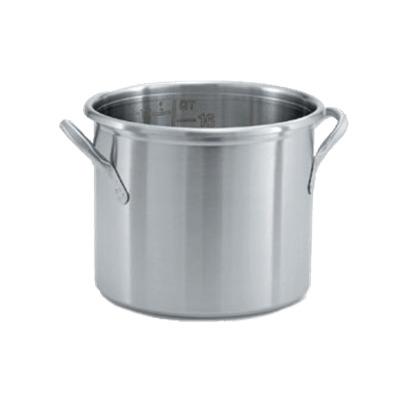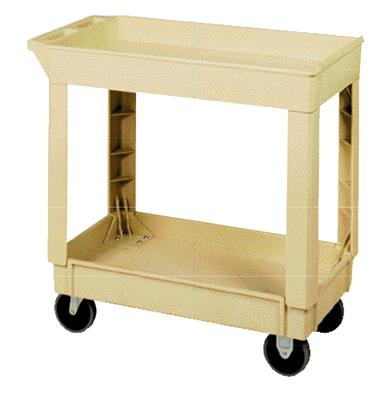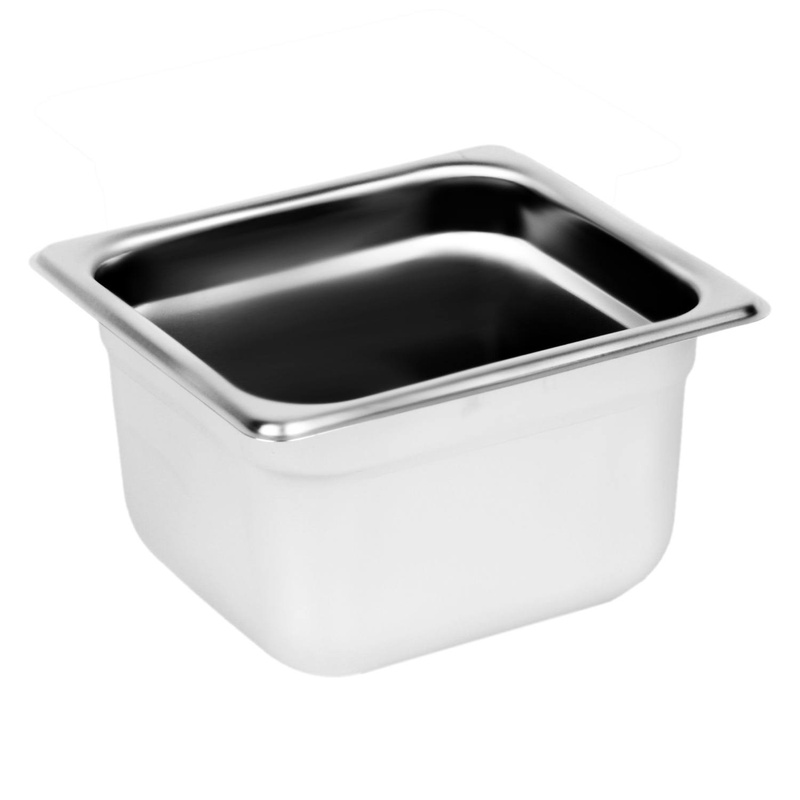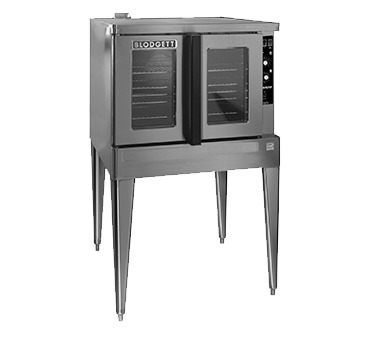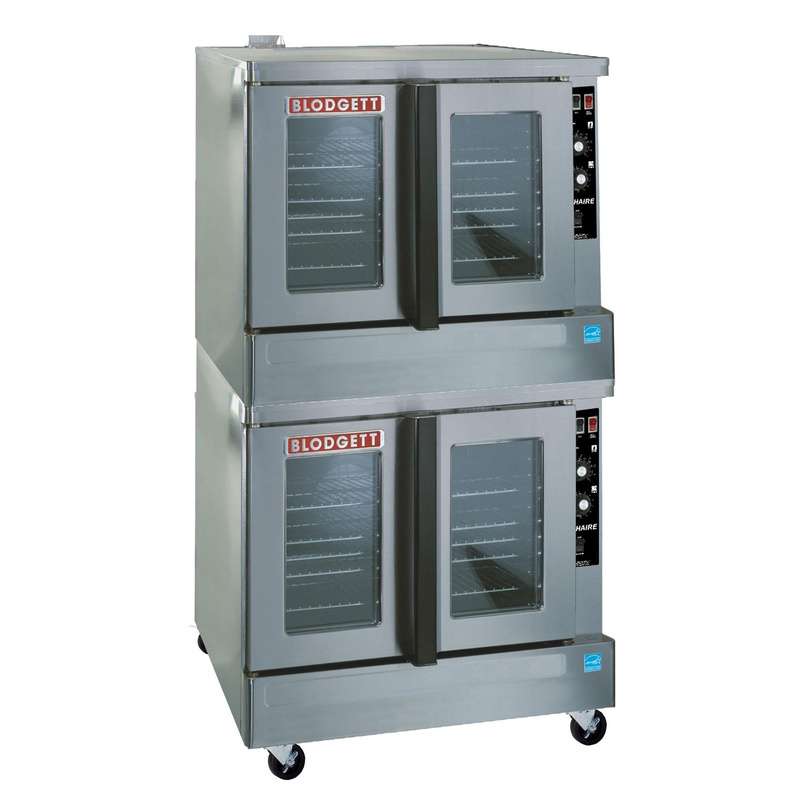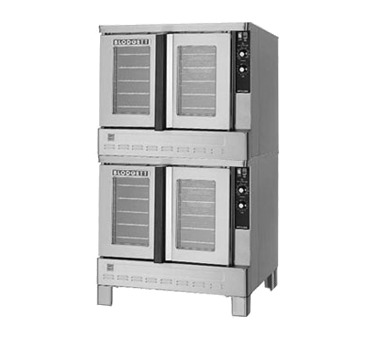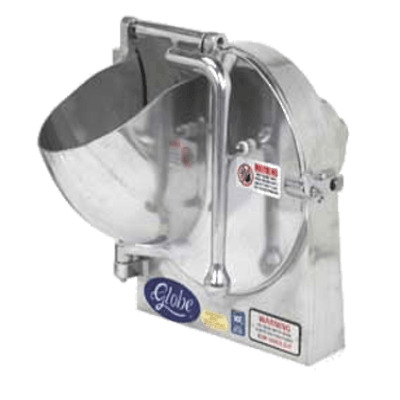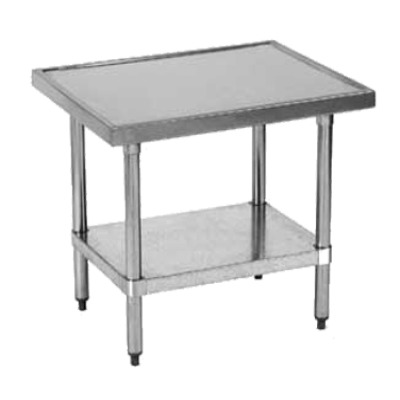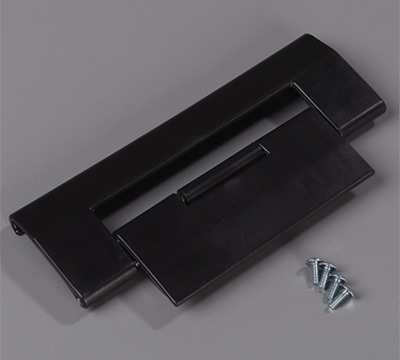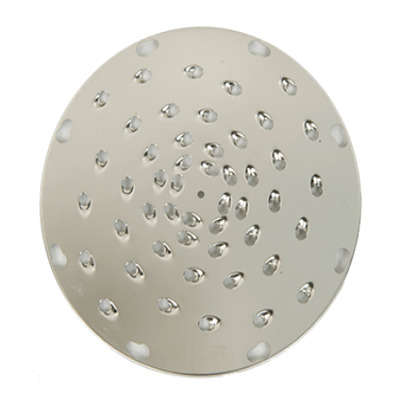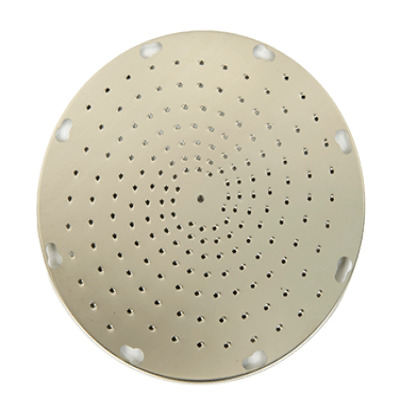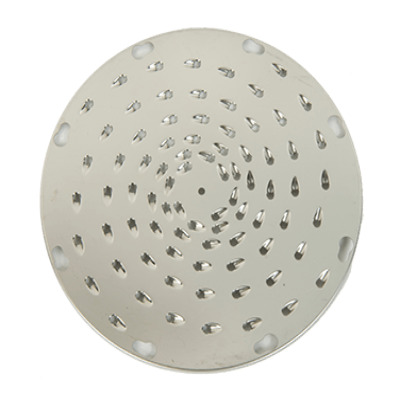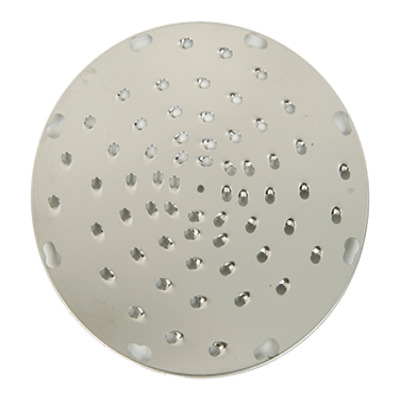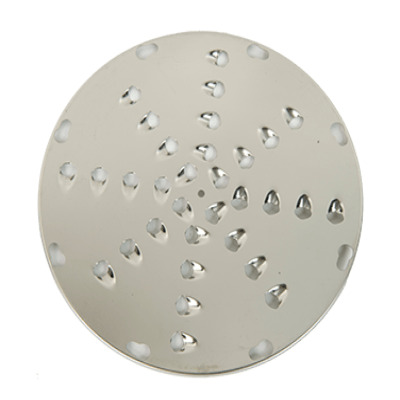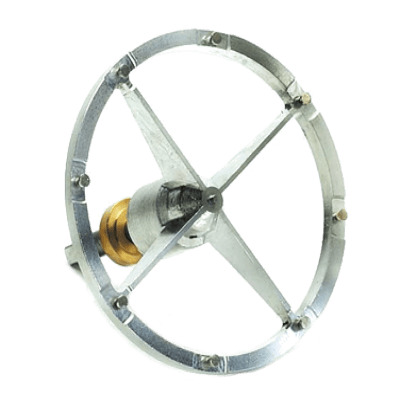Efficient dishwashing and warewashing operations are crucial for maintaining cleanliness and hygiene in any foodservice establishment. Whether you run a restaurant, café, or catering business, implementing best practices for dishwashing can streamline your operations, minimize downtime, and ensure the delivery of sparkling clean dishes. In this blog, we will explore some essential best practices to optimize your dishwashing and warewashing processes.
1. Pre-Scraping and Sorting: Before loading dishes into the dishwasher, it's important to pre-scrape and sort them appropriately. Pre-scraping involves removing excess food debris, ensuring that only clean dishes enter the machine. This practice prevents clogging of filters and nozzles, allowing the dishwasher to operate at peak efficiency. Additionally, sorting items by size, shape, and material can improve water circulation and minimize the risk of breakage.
2. Organized Loading: Efficient loading of dishes into the dishwasher is a critical step. Maximize your dishwasher's capacity by loading items strategically, ensuring proper spacing between plates, cups, and utensils. This practice allows water and detergent to reach all surfaces, promoting thorough cleaning. Avoid overloading the dishwasher, as it can obstruct water flow and result in subpar cleaning results.
3. Rinse and Soak: For heavily soiled items, consider implementing a rinse and soak step. By rinsing dishes immediately after use and allowing them to soak in a sanitizing solution, you can prevent food particles from drying and sticking to the surfaces. This pre-treatment simplifies the cleaning process and reduces the time required for the dishwasher to remove stubborn stains.
4. Select Appropriate Detergents and Rinse Agents: Choosing the right detergents and rinse agents for your dishwasher is crucial. Opt for commercial-grade, eco-friendly products that are specifically formulated for dishwashing machines. Ensure that the detergent is suitable for the water hardness in your area. Using the correct amounts of detergent and rinse agents will improve cleaning efficiency, prevent streaks and spots, and extend the lifespan of your equipment.
5. Regular Maintenance and Cleaning: Perform routine maintenance and cleaning of your dishwasher to keep it running smoothly. Regularly inspect and clean the filters, spray arms, and nozzles to prevent clogging. Remove any accumulated lime or scale buildup to maintain proper water pressure and temperature. Follow the manufacturer's guidelines for maintenance intervals and consider professional servicing if necessary.
6. Train and Educate Staff: Proper training and education of your staff are vital for efficient dishwashing operations. Teach them the best practices mentioned above, including sorting, loading, and maintenance procedures. Emphasize the importance of following safety protocols and encourage regular communication between staff members to identify and resolve issues promptly. Invest in ongoing training programs to ensure that your team stays updated with the latest techniques and industry standards.
7. Water and Energy Conservation: Efficient dishwashing goes beyond cleaning alone; it also involves water and energy conservation. Encourage your staff to conserve water by not letting it run unnecessarily during pre-scraping or rinsing. Utilize high-efficiency dishwashers that minimize water usage and energy consumption. Consider installing aerators on faucets to reduce water flow rates and explore alternative energy sources to power your dishwashing operations.

